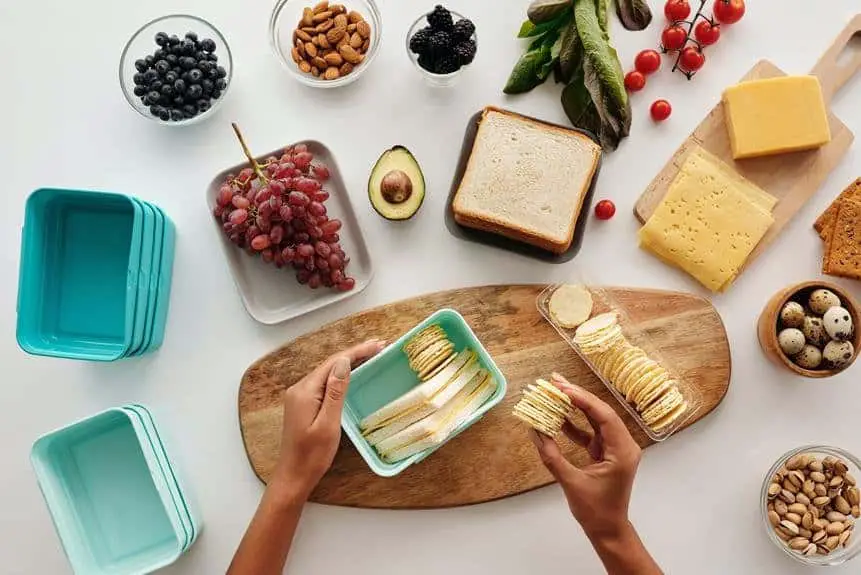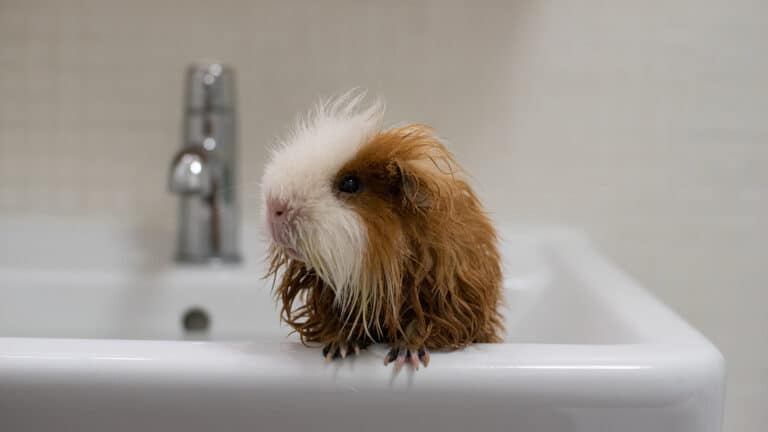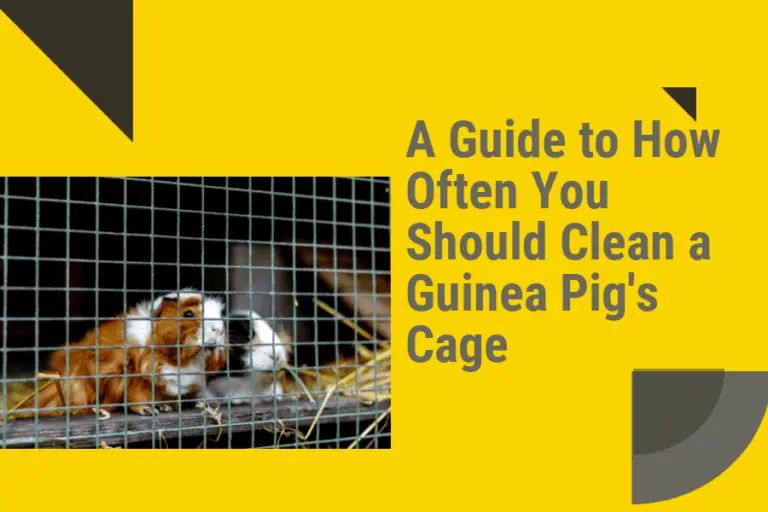What Can Guinea Pigs Not Eat
Hey there, let’s talk about what our furry friends, guinea pigs, should steer clear of in their diet.
We all want them to live their best lives, so it’s important to know what they shouldn’t munch on. From animal proteins to avocados and even certain veggies like onions and garlic, there are some no-gos for these little guys.
It’s all about keeping them healthy and happy, so let’s dive in and learn about what can be harmful to our beloved guinea pigs.
Toxic Plants for Guinea Pigs
We need to be aware of the toxic plants that can harm our guinea pigs. While guinea pigs love a variety of foods, there are certain plants that can be harmful to them.
For instance, rhubarb and plants high in oxalic acids should be avoided in a guinea pig’s diet as they can cause kidney and urinary tract stones.
Additionally, tomato leaves and stalks are toxic to guinea pigs and should be avoided, although the fruit itself is safe for consumption.
It’s important to ensure that guinea pigs don’t have access to plants from the Allium spp, such as chives, garlic, leeks, and onions, as they contain sulfur-containing oxidants that may cause destruction of red blood cells in guinea pigs.
Being mindful of these toxic plants is crucial for our guinea pigs’ health and to prevent digestive issues.
Forbidden Fruits and Vegetables
Guinea pigs shouldn’t consume grapes due to the potential toxicity of the fruit. When it comes to their diet, there are several other fruits and vegetables that are forbidden for guinea pigs. These include:
- Rhubarb: This vegetable contains oxalic acid, which can be harmful to guinea pigs’ digestive systems.
- Citrus fruits: Oranges, lemons, and other citrus fruits are too acidic and can cause mouth sores and digestive issues in guinea pigs.
- Tomato leaves and stems: These parts of the tomato plant contain toxic compounds that can be harmful to guinea pigs.
- Pits and seeds: Avoid feeding guinea pigs pits and seeds from fruits such as apples, peaches, and cherries as they contain cyanide-producing compounds.
It’s crucial to be mindful of the foods we offer our guinea pigs to ensure their health and well-being.
Harmful Processed Foods
As pet owners, it’s important for us to be aware of the harmful processed foods that can adversely affect our guinea pigs’ health. Guinea pigs have delicate digestive systems, so it’s crucial to avoid feeding them foods like yogurt drops, iceberg lettuce, and peanut butter.
Highly processed foods such as bread, pasta, chips, rice, and crackers lack the necessary nutritional value for guinea pigs and can lead to digestive issues. Additionally, dairy products, including yogurt drops, should be avoided as guinea pigs lack the enzymes to properly digest dairy, leading to digestive discomfort. Peanut butter isn’t suitable for guinea pigs due to its high fat content, which can be harmful to their digestive systems.
Dangerous Dairy and Nuts
Guinea pigs should never eat dairy products due to their digestive systems’ inability to digest lactose. Additionally, nuts should be excluded from their diet as they’re high in fat and can potentially lead to weight issues and other health risks. Here are the reasons why these items are dangerous for guinea pigs:
- Dairy Products:
- Guinea pigs lack the necessary enzymes to break down lactose, making dairy products unsuitable for their gastrointestinal tracts.
- Cheese and Yogurt:
- These dairy products contain high sugar and can cause digestive problems in guinea pigs.
- Nuts:
- Nuts are high in fat, which can lead to weight issues and other health risks in guinea pigs.
- Peanut Butter:
- High fat content in peanut butter makes it unsuitable for guinea pigs’ essential nutrient requirements.
Unsafe Treats and Mixes
When considering treats and mixes for our guinea pigs, it’s essential to be mindful of their dietary requirements and potential health risks. Guinea pigs should never be fed unsafe treats and mixes that are high in starch or high in sugar, as these can pose a threat to their health.
Foods that are toxic to guinea pigs, such as avocados, chocolate, and allium plants, should be strictly avoided. These items can cause kidney damage, digestive upset, or even be fatal to guinea pigs.
It’s crucial to avoid feeding highly processed foods, as they aren’t suitable for guinea pigs’ digestive systems. Being aware of what guinea pigs can and can’t eat is essential for their well-being and longevity.
Conclusion
In conclusion, it’s important to be mindful of what guinea pigs eat to ensure their health and well-being. Avoid feeding them toxic plants, fruits, and vegetables, processed foods, dairy, nuts, and unsafe treats.
Stick to a diet of at least 80% hay and include fresh greens, fruits, and vegetables.
By being aware of what guinea pigs shouldn’t eat, you can help keep them healthy and happy.







